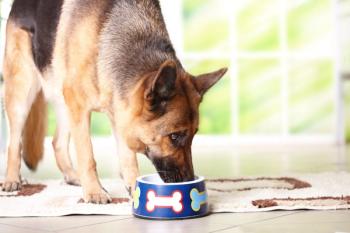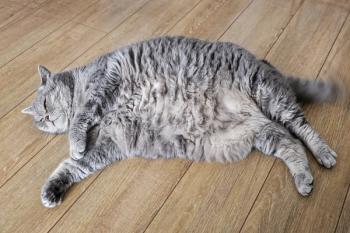
Q&A: The trouble with home-cooked diets
How do I respond when clients ask if they can cook their pets' food?
Untitled Page
How do I respond when clients ask if they can cook their pets' food?
“We don't recommend the practice of home-cooked meals for dogs or cats, even with the pet food recalls,” says Michelle Guercio, CVT, CVPM, the hospital administrator at Animal Care Center of Pasco County in New Port Richey, Fla. “Processed cat and dog foods remain the safest and most balanced diets available for cats and dogs. However, if clients express strong feelings about cooking their dog's meals, we'll provide a recipe that is balanced enough for short-term usetwo to four weeks.”
When team members discuss the diet, they remind clients that vomiting and diarrhea aren't uncommon during a diet change. These symptoms may also signal a more serious condition such as pancreatitis. If clients feed a home-cooked diet for longer than two to four weeks, their dogs may show these signs:
• Dull hair coat
• Flaky skin
• Inconsistent stool patterns
• Change in appetite
• Change in energy level and overall health
If clients ask about cooking their cat's food, Guercio's team has a different response. “We don't supply a recipe for home-cooked feline diets because of taurine deficiency issues,” Guercio says. “If clients feel strongly that processed foods aren't appropriate for their cat, they must speak to a veterinarian for a specific recommendation.”
Newsletter
From exam room tips to practice management insights, get trusted veterinary news delivered straight to your inbox—subscribe to dvm360.




